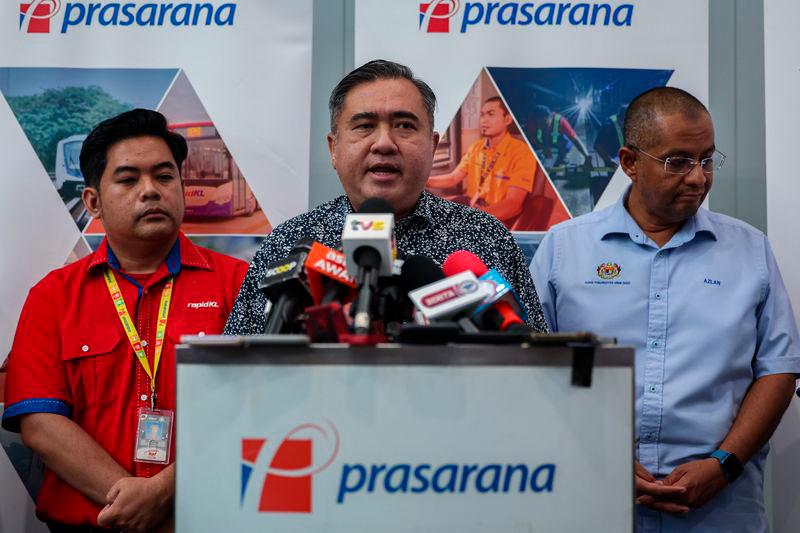KUALA LUMPUR: The Dewan Rakyat today approved the dissolution of the Malaysian Aviation Commission (MAVCOM) established eight years ago.
The Malaysian Aviation Commission (Dissolution) Bill 2024 was passed through a voice vote after being read for the third time by Transport Minister Anthony Loke.
Earlier, the sitting conducted a block voting at the committee stage.
Speaker Tan Sri Johari Abdul announced that 93 MPs supported the bill, while 63 opposed it while 66 MPs were not present.
The block voting was carried out after more than 15 MPs including Perikatan Nasional whip Datuk Seri Takiyuddin Hassan (PN-Kota Bharu) stood up and called for a vote.
The bill aims to repeal the Malaysian Aviation Commission Act 2015 (Act 771), dissolve MAVCOM, and to provide for the vesting of its properties in the Civil Aviation Authority of Malaysia (CAAM) established under the Civil Aviation Authority of Malaysia Act 2017 (Act 788).
MAVCOM, established on March 1, 2016 under Act 771 was an independent aviation commission responsible for regulating the economic and commercial aspects of the public aviation industry and protecting consumer rights in Malaysia. Its goal was to advance the country’s public aviation industry commercially, user-oriented, and resilient.
When winding up the debate on the bill, Loke said that through this merger, CAAM would become the sole regulatory body for civil aviation and a Fully Independent Statutory Body (BBDSB).
He also mentioned that the merger would help strengthen the welfare and employment conditions of MAVCOM and CAAM staff.
“When CAAM becomes an independent body in terms of finance and employment, it can increase salaries and elevate the status (for example) of air traffic controllers and all technical officers under CAAM.
“When both of these bodies (MAVCOM and CAAM) were established, MAVCOM was a commission, able to pay higher salaries according to the market, but CAAM could not. By merging these into one, we elevate CAAM’s status, increase salary scales, and enhance CAAM’s capability as a fully independent statutory body,“ he said.
Loke said that for now, MAVCOM will continue its functions as usual until the act to dissolve the commission comes into effect, adding that the merger process will take between six and nine months.
“I assure you that MAVCOM’s current operations will continue; passing this act (bill) today does not mean MAVCOM will dissolve tomorrow,“ he said.









